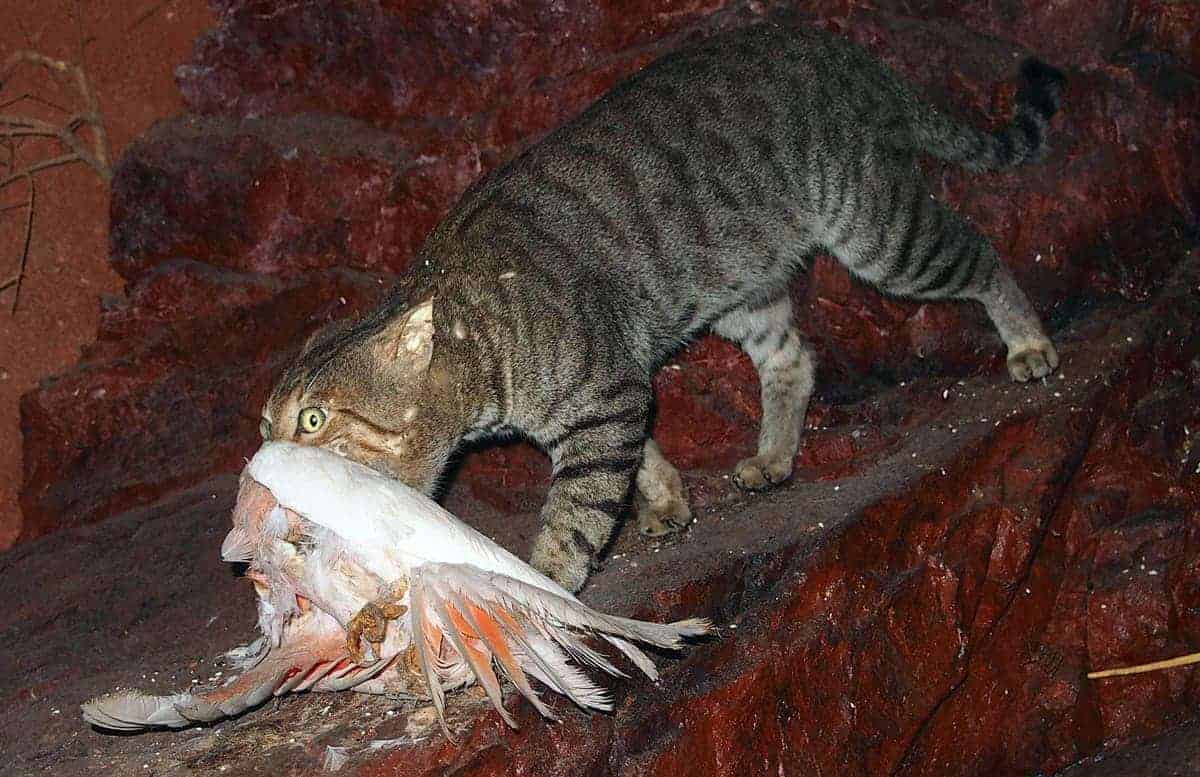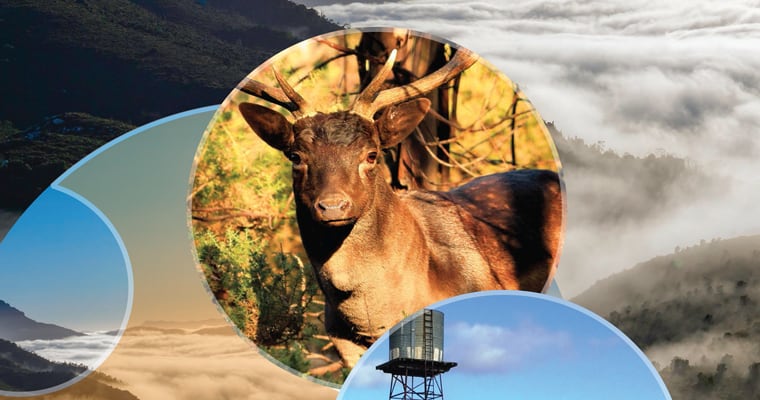The Invasive Species Council is calling on all Australian political parties to develop policies that will tackle two of the greatest threats facing our iconic landscapes, native plants and animals – weeds and feral animals.
“There’s been barely a squeak from either major political party on how they will tackle two of the greatest challenges to Australia’s natural environment, weeds and feral animals, while the Greens have released a policy that would greatly strengthen national biosecurity,” Invasive Species Council CEO Andrew Cox said today.
“We need to take a more precautionary approach to the types of plants and animals allowed into this country.
“Regular failures point to the need for change. The last few years have seen the arrival of myrtle rust, yellow crazy ants and Asian honeybees, and the unchecked spread of many other invaders.
“The current system lacks independence and transparency. Threats to the natural environment are often undervalued or ignored, and environmental biosecurity lags behind that enjoyed by industry.
“We also need to take a more ecologically-focused view of how we manage weeds, ferals and other invaders already established within the Australian environment,” Mr Cox said.
“The Greens’ national biosecurity policy establishes an independent, science-based biosecurity authority supported by a commission of experts to make biosecurity decisions based on risks.
“This would resolve a serious conflict of interest in the current system, which gives the major decision-maker, the Secretary of the Department of Agriculture, Fisheries and Forestry, a major role in promoting exports, and is answerable to the agriculture minister.
“Labor has squandered a major opportunity to reform the biosecurity system, backing down on key recommendations of a major 2008 inquiry to establish an independent biosecurity authority and better resource the sector.
“It introduced a Biosecurity Bill, now stalled in the Senate, ignoring community and industry concerns to ensure transparency, independence, community involvement and science-based decisions.
“The Labor Government adopted a meaningless target to reduce invasive species impacts on threatened biodiversity by 10% by 2015 – it had no plan, no costings and made no serious progress.
“A Rudd Labor Government, if re-elected, has promised a modest $20 million for a new Community Weed Management Fund that would ‘eradicate Australia’s most noxious weeds’. These funds presumably replace the recently-axed Weeds of National Significance program, but without the coordination needed for such a huge task.
“The Liberal National coalition barely mentioned environmental biosecurity in opposition, although Shadow Environment Minister Greg Hunt indicated support for our proposed Environment Health Australia, an institution that would foster collaborative ecological solutions for invasive species.
“The only relevant Coalition policy so far is $300 million spent over four years to develop a ‘green army’. This may help with some weed problems but to meet the Coalition’s stated goal of reversing environmental decline within five years it will need to do much more to respond to Australia’s massive invasive species threats.”
The Invasive Species Council sent an election policy questionnaire to all major parties and a number of minor parties and sitting independents. Only Labor, the Greens and Senator Nick Xenophon have responded so far.
For more information: National election commitments
For comment: Andrew Cox, Invasive Species Council CEO – 0438 588 040.









